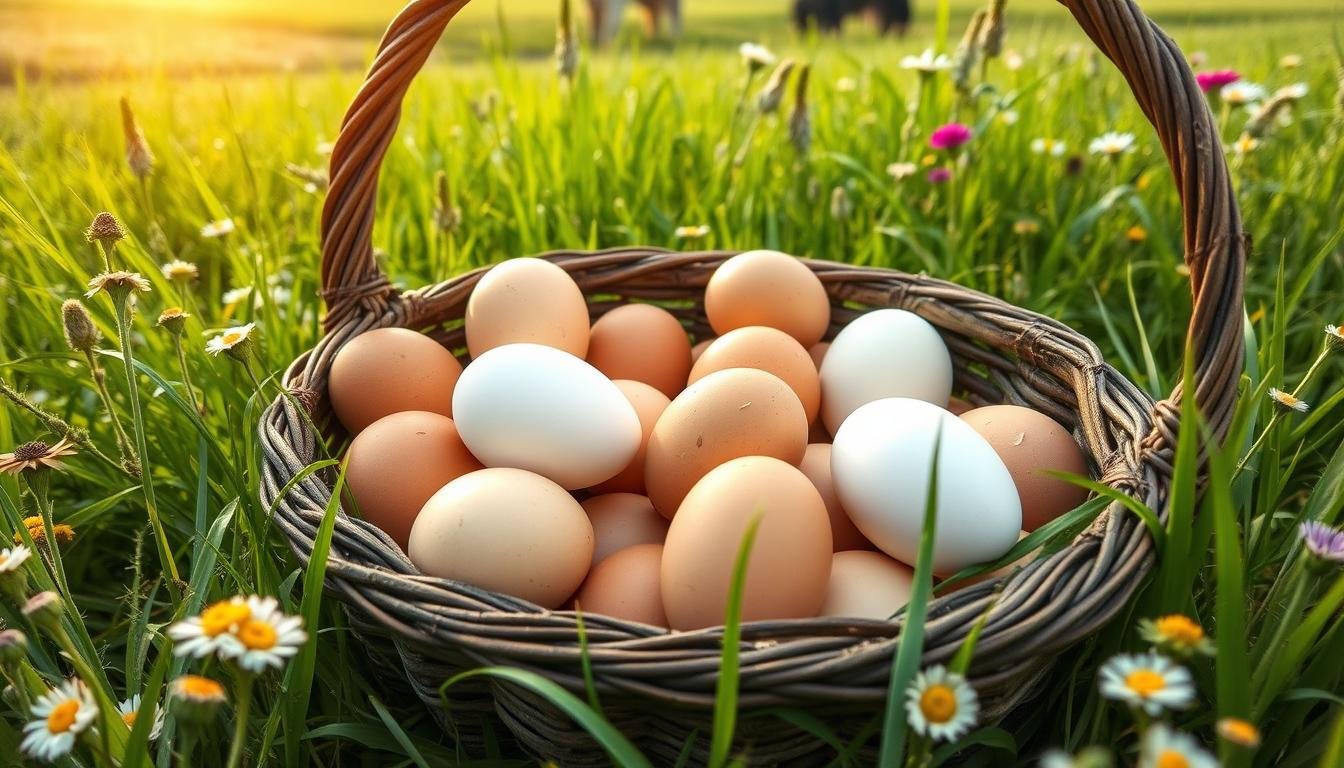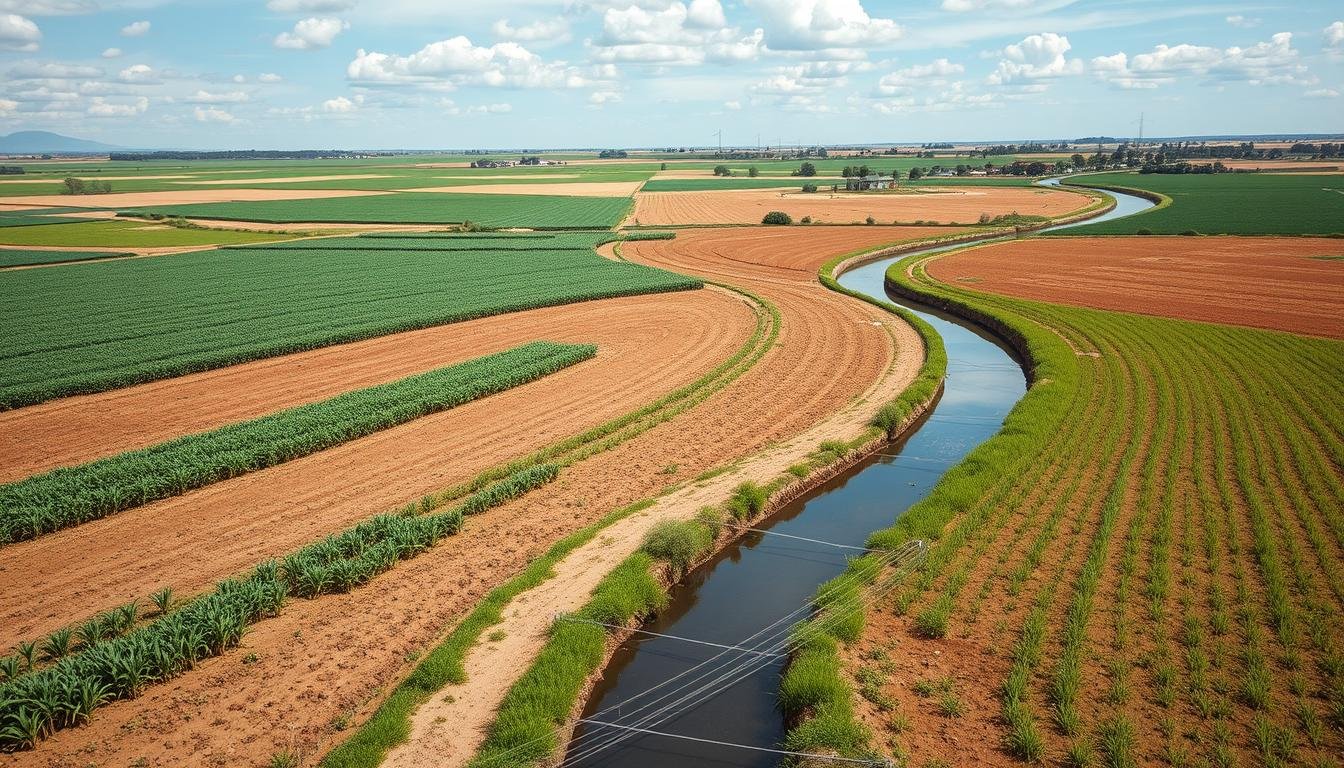Introduction
So you’ve decided to learn more about the fascinating world of farming and the pivotal role that livestock plays in it. Well, you’re in for a treat! In this article, we’ll be exploring the integral role of livestock in the world of agriculture. From providing food and income to improving soil fertility and facilitating sustainable farming practices, livestock’s impact on farming goes far beyond simply being a source of meat and dairy products. So grab a cup of coffee, sit back, and let’s dive into the world of livestock in farming!
Livestock in Farming
Farming is not just about cultivating crops. Livestock plays a crucial role in the agricultural industry, contributing to various aspects of farming. From providing a source of food to enhancing soil fertility, livestock has become an integral part of sustainable farming practices. Let’s delve deeper into the diverse roles that livestock play in modern-day agriculture.
Livestock as a Source of Food
One of the primary roles of livestock in farming is as a source of food. Livestock, such as cattle, pigs, sheep, and poultry, are raised specifically for meat production. They provide us with a rich protein source that is essential for our diet. By feeding on natural resources such as grass and grains, livestock converts these materials into high-quality protein, making them available for human consumption. This role of livestock in meat production not only fulfills our nutritional needs but also contributes to the economy by creating job opportunities in the livestock industry.
Livestock for Soil Fertility
Livestock also play a significant role in maintaining and enhancing soil fertility on farms. Through their manure, animals contribute to the nutrient cycle by returning valuable organic matter to the soil. Manure is a rich source of nitrogen, phosphorus, and potassium, which are essential nutrients for plant growth. When manure is applied to farmland, it replenishes the soil’s nutrient content, promoting healthy plant growth and increasing agricultural productivity. Furthermore, livestock grazing on pastures helps to naturally manage weed growth and cycles nutrients back into the soil, ensuring its long-term fertility.

Livestock as Farm Workers
Believe it or not, livestock can even serve as farm workers! In some agricultural practices, animals are trained to perform specific tasks, reducing the need for human labor. For example, draft animals like horses and oxen have historically been used for plowing fields and pulling heavy loads. Though their use has declined in modern agriculture, they still find application in certain farming systems, particularly in areas where mechanized equipment is not readily available or feasible. By utilizing livestock as farm workers, farmers can save energy and enhance efficiency in their farming operations.
Livestock for Sustainable Land Management
Sustainable land management is essential for preserving the environment and ensuring long-term agricultural productivity. Livestock play a crucial role in this aspect by contributing to sustainable grazing practices. Managed grazing, where livestock are rotated through different pastures, helps control invasive plant species, prevents overgrazing, and maintains grassland ecosystems. This practice mimics the natural movement patterns of wild ruminants, benefiting both livestock and the environment. By integrating livestock into sustainable land management practices, farmers can ensure the preservation of their land’s ecological health for future generations.

Livestock for Crop Diversity
Livestock farming goes hand in hand with crop cultivation to promote enhanced agricultural diversity. Livestock, particularly small ruminants like goats and sheep, have the unique ability to graze on a wide range of plant species, including those that are inedible or unpalatable for humans. By incorporating livestock into agricultural systems, farmers can utilize these diverse forage resources, reducing waste and producing food from lands that would otherwise be underutilized. This integration of livestock and crop diversity enhances overall farm productivity and resilience to environmental changes, contributing to a more sustainable and secure food system.
Livestock for Income Generation
Livestock farming offers a significant opportunity for income generation, particularly in rural communities. Through the sale of livestock products such as meat, milk, eggs, and wool, farmers can generate income and support their livelihoods. Livestock production can also create employment opportunities in related industries such as processing, marketing, and transportation. In regions where access to other economic activities may be limited, livestock farming provides a viable source of income and economic stability for individuals and communities, thus fostering rural development.

Livestock for Energy Generation
Livestock can even contribute to energy generation on farms. Methane produced from livestock manure can be captured and used as a source of renewable energy. Anaerobic digesters can convert manure into biogas, which can be used to generate heat or electricity. This process not only reduces greenhouse gas emissions but also provides an additional source of income for farmers through the sale of renewable energy. By harnessing the energy potential of livestock, farmers can adopt more sustainable and self-sufficient farming practices, reducing their dependence on fossil fuels.
Livestock as Genetic Resources
In addition to their tangible products, livestock serve as valuable genetic resources for the agricultural industry. Breed diversity is crucial for maintaining resilience in livestock populations and ensuring long-term productivity. Different breeds possess unique genetic characteristics, such as disease resistance, adaptability to specific environments, and specific meat or milk production traits.
By conserving and selectively breeding different livestock breeds, farmers can optimize their farming practices according to their unique needs and local conditions. This genetic diversity also acts as an insurance against disease outbreaks and other unforeseen challenges, safeguarding the sustainability of livestock farming.

Livestock for Waste Management
Livestock also play a vital role in waste management. Through their digestion process, livestock can convert agricultural and food-processing byproducts into valuable resources. For instance, pigs can be fed food waste or excess crop produce, reducing the amount of organic waste that would otherwise end up in landfills. By utilizing livestock as a means of converting waste into useful products, farmers contribute to a more sustainable and circular economy, minimizing environmental pollution and waste accumulation.
Livestock for Community Development
Lastly, livestock farming plays a significant role in community development, particularly in rural areas. Livestock ownership provides economic opportunities and enhances food security within communities. It enables individuals to meet their nutritional needs, generate income, and establish small businesses. Furthermore, livestock can be used as collateral in obtaining loans or as an asset for wealth creation. Livestock farming also fosters social cohesion and cultural traditions, as many communities have deep-rooted relationships with their livestock and rely on them for transportation, clothing, and traditional ceremonies. By supporting livestock farming, communities can thrive and grow together, building stronger bonds and developing sustainable local economies.
Conclusion
Livestock’s contributions to modern farming extend far beyond simply providing meat and dairy products. By embracing sustainable practices that integrate livestock, farmers can create a more holistic and resilient agricultural system. Sustainable gaming and grazing methods, for instance, not only improve soil health but also contribute to climate change mitigation by reducing greenhouse gas emissions.
Integrating livestock with diverse crop systems can also enhance overall farm resilience in the face of unpredictable weather patterns and improve soil fertility naturally. Recognizing the multifaceted roles of livestock empowers farmers to adopt practices that benefit their livelihoods, the environment, and our communities for generations to come.
Frequently Asked Questions
What are the different roles of livestock in farming?
Livestock provide food, improve soil fertility, manage weeds, generate income, produce renewable energy, and contribute to sustainable land management and community development.
How does livestock farming impact the environment?
Livestock can contribute to greenhouse gas emissions, water pollution, and deforestation if not managed sustainably. However, sustainable practices can mitigate these impacts and even improve environmental health.
What are some sustainable livestock farming practices?
Sustainable grazing, rotational grazing, manure management, integrating livestock with crops, and utilizing renewable energy sources are all examples of sustainable practices.
How can livestock farming improve soil health?
Manure adds organic matter and nutrients to the soil while grazing animals help aerate the soil and promote microbial activity.
How does livestock farming contribute to climate change?
Livestock, particularly ruminants, produce methane, a potent greenhouse gas. However, sustainable practices can reduce methane emissions and even store carbon in the soil.
How can livestock farming generate income?
Farmers can generate income through the sale of meat, milk, eggs, wool, manure, and renewable energy produced by their livestock.
What are some of the challenges facing livestock farming?
Climate change, disease outbreaks, consumer preferences, and economic factors are some of the challenges facing livestock farmers.
What is the future of livestock farming?
The future of livestock farming is likely to involve a shift towards more sustainable and resource-efficient practices, incorporating new technologies and consumer preferences.
How can consumers support sustainable livestock farming?
Consumers can support sustainable livestock farming by purchasing products from farms that prioritize sustainability, reducing their overall meat consumption, and advocating for policies that support sustainable agriculture.
What are some of the ethical considerations involved in livestock farming?
Animal welfare, environmental impact, and fair treatment of farmers are some of the ethical considerations involved in livestock farming.
What are some of the benefits of consuming meat and dairy products from livestock farming?
Livestock products like meat and dairy are rich sources of protein, essential vitamins, and minerals like iron, calcium, and vitamin B12, crucial for a healthy diet. Additionally, they can contribute to food security and provide economic opportunities in rural communities.
Are there any alternatives to traditional livestock farming?
Yes, there are emerging alternatives like lab-grown meat, insect protein, and plant-based protein products that aim to reduce the environmental impact of animal agriculture. While still in their early stages, these options offer potential for the future.
What are some of the concerns about the use of antibiotics in livestock farming?
The overuse of antibiotics in livestock can lead to antibiotic resistance in bacteria, posing a significant threat to human health. Sustainable practices focus on responsible antibiotic use and promoting animal health through preventative measures.
How can I learn more about sustainable livestock farming practices?
Numerous resources are available online and through organizations like the FAO, WWF, and various sustainable agriculture initiatives. Connecting with local farmers, visiting farms, and supporting initiatives that promote sustainability can also be insightful.
What are some of the career opportunities in livestock farming?
The livestock industry offers diverse career paths beyond farming itself, including veterinarians, animal scientists, nutritionists, food processors, agricultural engineers, and specialists in sustainability, marketing, and animal welfare.
Source Links
- Food and Agriculture Organization of the United Nations (FAO): https://www.fao.org/animal-production/en/
- The Global Agenda for Sustainable Livestock: https://www.livestockdialogue.org






